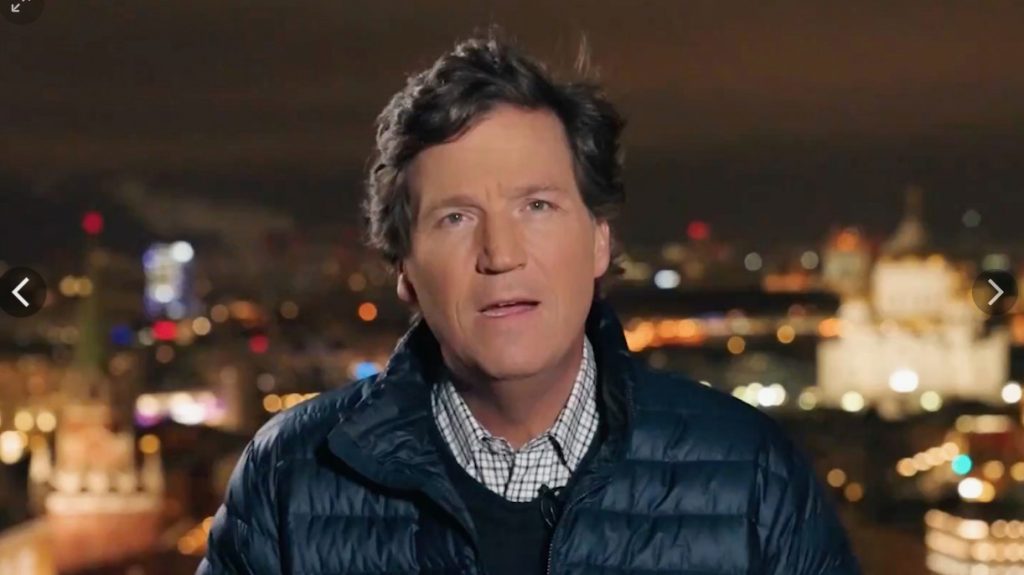
The recent interview between Russian President Vladimir Putin and Fox News host Tucker Carlson has sparked significant interest and speculation. The conversation, which took place in Moscow, covered a wide range of topics and provided insight into Putin’s perspective on international relations, human rights, and global politics.
One of the central themes of the interview was the relationship between the United States and Russia. Putin expressed concerns about the state of relations between the two countries, highlighting the need for constructive dialogue and cooperation. He emphasized the importance of finding common ground and mutual understanding, particularly in areas of shared interest such as nuclear arms control and strategic stability.
He defended his government’s approach, asserting that Russia’s policies are in line with the country’s cultural and historical context. He emphasized the need to respect each nation’s sovereignty and avoid imposing one’s values on others.
Furthermore, the conversation delved into the issue of cybersecurity and alleged Russian interference in international affairs. Putin dismissed accusations of Russian involvement in cyberattacks, calling for evidence and a fact-based approach to addressing these concerns. He stressed the importance of cooperation and joint efforts to combat cyber threats, underscoring the shared responsibility of all nations in ensuring global cybersecurity.
The interview with Tucker Carlson also provided an opportunity for Putin to present his views on global security and geopolitical developments. He highlighted the evolving nature of international relations and the need for new approaches to addressing global challenges. Putin’s remarks underscored Russia’s commitment to a multipolar world and the principle of sovereign equality among nations.
Overall, the interview between Vladimir Putin and Tucker Carlson offered valuable insights into the perspectives of the Russian president on various global issues. It shed light on Russia’s stance on key international matters and provided an opportunity for an open exchange of views on the state of global affairs. The interview has sparked discussions and debates, reflecting the significance of understanding different perspectives in today’s complex and interconnected world.

